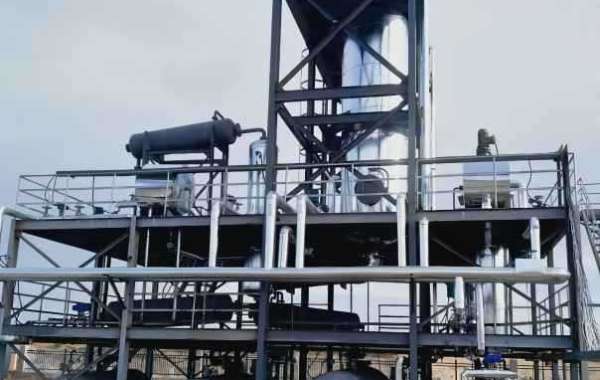For businesses that generate used oil—like repair shops, dealerships, and fleet operators—proper disposal isn’t just a matter of best practice; it’s the law. The Environmental Protection Agency (EPA) and state environmental agencies have strict regulations governing used oil management under the Resource Conservation and Recovery Act (RCRA). Understanding these rules is crucial for compliance and avoiding significant fines. Here’s a breakdown of key regulations.
The "Used Oil" Definition and Why it Matters
The EPA defines "used oil" as any petroleum-based or synthetic oil that has been used and, as a result of use, is contaminated by physical or chemical impurities. Importantly, the EPA does not classify used oil as a hazardous waste as long as it is destined for recycling. This special classification simplifies the rules for handlers who are recycling it. However, if the oil is mixed with a hazardous waste (like a solvent) or is disposed of instead of recycled, it can be reclassified as hazardous, triggering a much more stringent set of regulations.
Generator Classifications: How Much Oil Do You Handle?
Regulations vary depending on the volume of used oil you generate.
Do-It-Yourselfers (DIY): Households generating used oil are generally exempt from federal regulation. However, the legal and environmental imperative to recycle properly remains.
Small Quantity Generators (SQGs): Businesses that generate less than 25 gallons of used oil per month.
Large Quantity Generators (LQGs): Businesses that generate 25 gallons or more of used oil per month.
LQGs face more rigorous requirements, including detailed tracking with manifests and stricter storage rules.
Key Storage and Handling Requirements for Businesses
Whether an SQG or LQG, businesses must adhere to strict standards to prevent leaks and spills:
Storage Containers and Tanks: Must be in good condition, without rust or leaks, and clearly labelled "Used Oil."
Storage Area: Must have secondary containment (e.g., a drip pan or dike) to catch any spills or leaks from the primary containers. This is non-negotiable.
Spill Preparedness: Must have a spill response plan and equipment on hand to quickly address any accidental releases.
Recordkeeping: LQGs must maintain detailed records of the amount of oil generated and the shipments sent to recyclers. SQGs should also keep bills of lading or receipts from their recycling partners to prove proper disposal.
The "Cradle-to-Grave" Responsibility
A core principle of RCRA is "cradle-to-grave" liability. This means your responsibility for the used oil you generate does not end once a haulier picks it up. You are legally responsible for ensuring it is ultimately delivered to a legitimate, permitted recycling or disposal facility. You must only use transporters and recycling facilities that are licensed and permitted to handle used oil. Always get a receipt or documentation when your oil is picked up or dropped off.
State and Local Regulations: The Final Layer
It is critical to remember that the EPA sets the federal baseline. Many states have regulations that are more stringent than the federal rules. Always check with your state's environmental protection or department of natural resources agency to understand your specific local requirements for storage, transportation, and documentation.
Staying compliant protects your business from hefty fines, protects the environment, and upholds your reputation as a responsible operator. When in doubt, consult with a licensed used oil hauler or your state environmental agency for guidance.














